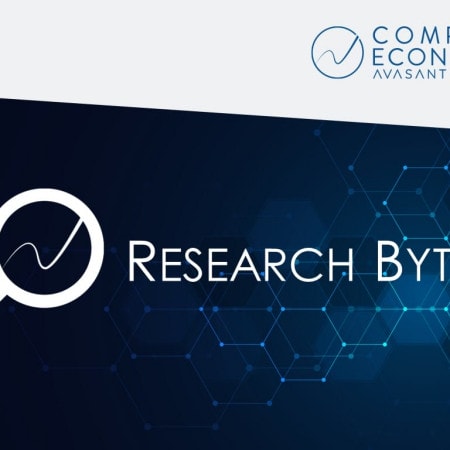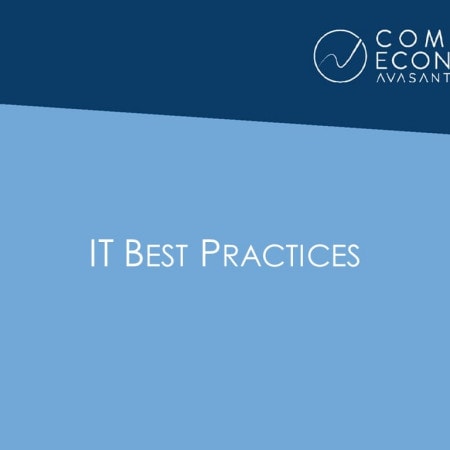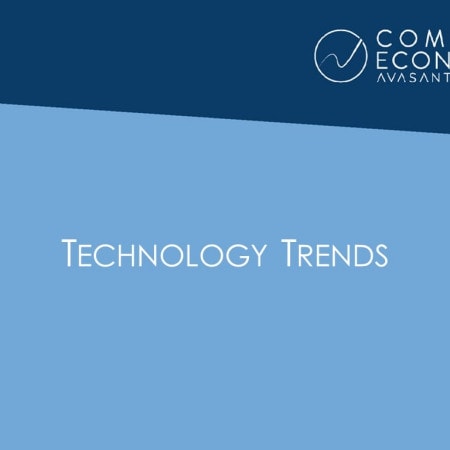-

Malicious Code Attacks Had $13.2 Billion Economic Impact in 2001
Malicious code attacks continued to have significant economic impact during 2001. The following figures show the Computer Economics analysis of the worldwide economic impact of malicious code attacks. Data is provided by year and for specific high profile incidents.
September, 2002
-

Investment Software Vendors Settle FTC Charges
In January 2001, an investment trading software company that used theoretical past earnings charts to sell a high-priced software program agreed to settle Federal Trade Commission charges that its claims were deceptive, in violation of federal law. The proposed settlement requires substantiation for any future earnings claims; bars misrepresentations that simulated earnings data represent actual trading results; and requires prominent disclosure of the high-risk nature of stock trading.
September, 2002
-

Internet “Pagejacker” Settles FTC Charges (Apr 2001)
Australian defendant, Gregory Lasrado, has agreed to settle Federal Trade Commission charges that a scheme that hijacked unwitting Internet surfers violated the FTC Act. Lasrado participated in a scam that copied existing websites and inserted coded instructions in the copycat sites which automatically redirected consumers to adult sites operated by the defendants. Then the scammers disabled the browser's "back" and "exit" commands so that Internet surfers trying to escape the pornographic images faced screen after screen of similar material and advertisements for other adult sites.
September, 2002
-

SEC Settles Securities Fraud Action Against Tokyo Joe (Apr 2001)
In March 2001, the Securities and Exchange Commission (SEC) settled the enforcement action it brought in 2000 against Yun Soo Oh Park, the Internet stock picker known as "Tokyo Joe," and the company Park controls, Tokyo Joe's Societe Anonyme Corp.
September, 2002
-

SEC Charges 23 Companies and Individuals in Broad Spectrum of Internet Securities Fraud (Apr 2001)
In March 2000, in its fifth nationwide Internet fraud sweep, the Securities and Exchange Commission (SEC) announced 11 enforcement actions against 23 companies and individuals that used the Internet to defraud investors.
September, 2002
-

Internet Service Providers: Are User Identities Still Sacred? (May 2001)
Are user identities are still sacred? One federal court judge in Seattle believes so. In what free speech proponents are hailing as a major First Amendment victory, a federal court in Seattle recently held that an Internet Service Provider could not be compelled to disclose the identities of certain of its users.
September, 2002
-

Online Security: Private Sector Lags Behind Public (Jun 2001)
Everyone has seen the weekly headlines about Internet security breaches, attacks on websites, and information pilfering. Many companies discount the risk of such activities, assuming either that they are adequately protected, or that the attackers themselves simply lack any reason to target them. Neither assumption is a safe one, and the federal government may be ahead of the private sector in figuring this out.
September, 2002
-

Maintaining Online Privacy During the War on Terrorism (Nov 2001)
In the aftermath of the despicable terrorist attacks of September 11, the federal government moved quickly to propose legislation which would expand its authority to track certain types of information in connection with anti-terrorist investigations. Of course, in the Internet era, a major component of such expanded powers necessarily would relate to online activities. The prospect of increased monitoring quickly raises concerns among civil libertarians, businesses, and individuals alike. What will these mean for online business?
September, 2002
-

Cyber-Law Helps and Hinders E-Commerce (Dec 2001)
Legal actions of the U.S. government, along with those of the various states, have begun to affect e-commerce, and these effects will grow in the near future as the legal status of e-commerce becomes better defined. International laws, as well, will influence how e-merchants conduct their businesses and will limit their activities.
September, 2002
-

Return on Investment for Virus Protection
The article provides estimated cost for managing an in-house antivirus protection program by the number of PCs in an organization and the expense avoided by having such protection in place.
September, 2002
-

Computer Economics Joins the National Cyber Security Alliance (Mar 2002)
Computer Economics has been involved in the analysis of IT security and the cost of providing this needed security since the 1980s. Computer Economics has also been a leader in analyzing the economic impact of cyber crimes, malicious code attacks, and cyber terrorism. The Computer Economics analysis is lead by Michael Erbschloe, Vice President of Research at Computer Economics and author of Information Warfare: How to Survive Cyber Attacks.
September, 2002
-

E-Insurance to Help Cover the Cost of E-Attacks
A new survey reveals many of the nation's largest organizations are not prepared to handle e-commerce and e-communication risks. From dot-com companies to brick-and-mortar businesses using the Internet to dispense information or sell products, few organizations have implemented the type of comprehensive e-risk management program that can limit electronic exposures and reduce e-liability.
August, 2002
-

Public Key Encryption Gains as RSA Algorithm Enters the Public Domain
Public key encryption infrastructure (PKI) pervades the use of the Internet and e-commerce. This technology is the basis for protection of the Webâs Secure Sockets Layer (SSL), digital certification, email encryption,
August, 2002
-

Virus Attacks Cost Organizations $17.1 Billion in 2000
Computer Economics has determined that the economic impact of virus attacks on information systems around the world amounted to $17.1 billion in 2000. Economic impact is comprised of the costs to clean viruses from networks, servers, and client systems; restore lost or damaged files; and the lost productivity of workers caused by system outages and downtime. The economic impact of virus attacks on information systems around the world amounted to $12.1 billion in 1999.
August, 2002
-

Anti-Virus Protection Not Used by PC Owners
Almost a quarter of home and office PC users running anti-virus software don't update it regularly, leaving themselves vulnerable to newly minted viruses, according to a June 2000 survey conducted by Central Command, a supplier of anti-virus software. This high awareness of computer viruses following outbreaks of the Chernobyl and Melissa virus and the LoveLetter worm (which disabled millions of PCs around the world) have obviously not translated into safer computing practices. The survey was the largest ever conducted on the topic and was emailed to nearly half a million PC users. It had 54,091 responses--a 16% response rate.
August, 2002

 Grid View
Grid View List View
List View